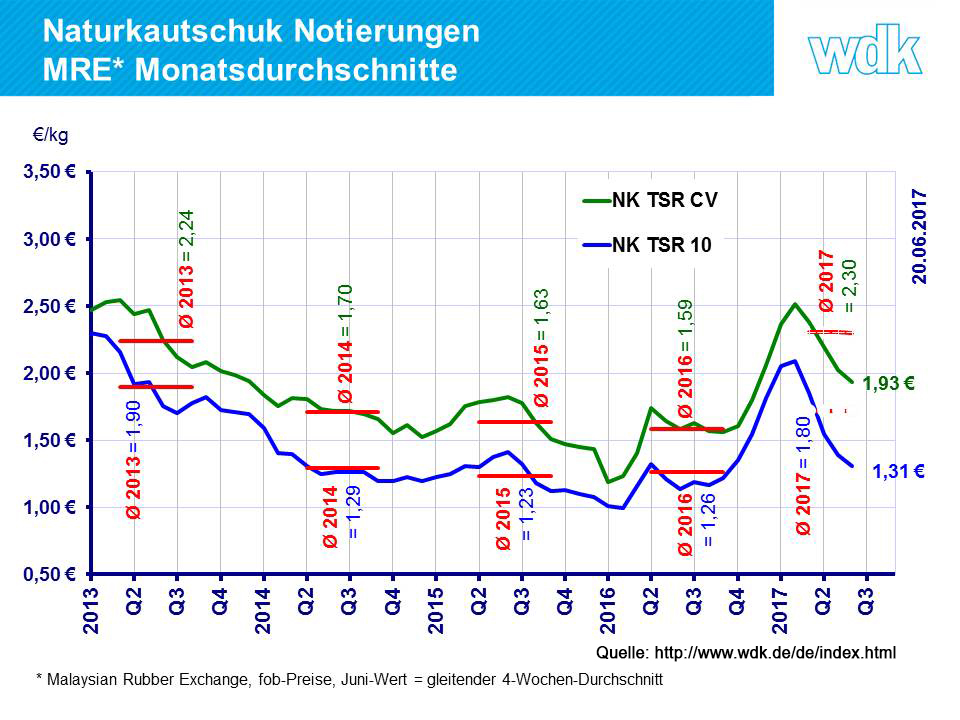The production and extraction of natural rubber can be connected to serious ecological and social problems. These range from abysmal working conditions (insufficient security standards, permanantly long working hours, unreasonable use of toxic chemicals) through child and forced labour to discrimination of migrant workers. Furthermore the extension of cultivation areas leads to clearings of partly protected jungle as well as to land right issues and land expropriation of the local population. And new plantations push more and more into actually inappropriate vegetation zones so more fertiliser and pesticides have to be used.
More than 80% of natural rubber comes from small scale production. But these small scale farmers find themselves in a disadvantaged position on global level. Firstly they often have just poor access to more effective production forms to increase their productivity (e.g. engines and knowledge). In addition they usually lack direct access to the market, they depend on intermediaries. And many small scale farmers are in debt to the intermediaries or aren’t informed about current prices or quality standards, that weakens their position to negotiate. The actual value added – and so the profits – only starts after the small scale farmers sold their rubber.

Secondly the heavily fluctuating world market price of rubber effects especially small scale farmers and their employees. Just one example of price fluctuation: February 2011: 2,80$/kg, March 2016: 0,66$/kg. During booms many small scale farmers invest in rubber plantations to share in the winnings. When prices fall again there is a risk of overproduction. If prices stay at a low level for a long time the revenues are hardly or simply not enough to cover production costs, pay employees and make a living. As a result small scale farmers either switch to more profitable crops or have to sell their land. Consequently the rubber tappers have to search for other sources of income and in the future there could be a lack of skilled tappers.
